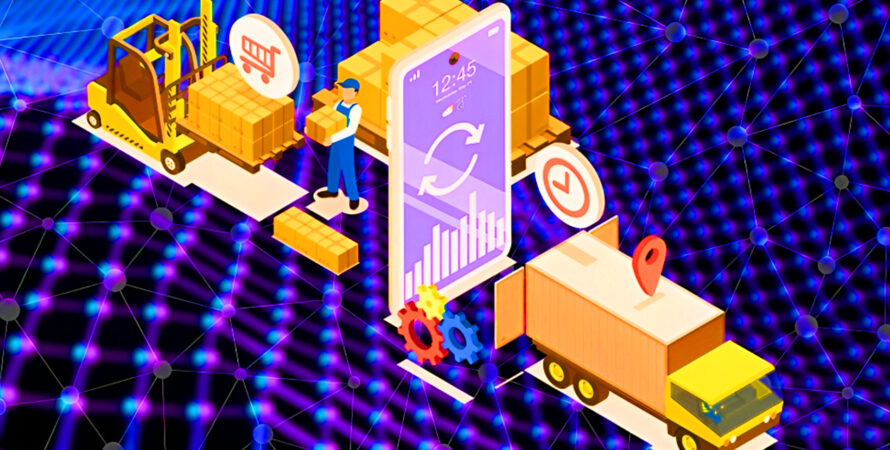According to the UN’s report, “an estimated 17% of total global food production is wasted,” and “around 14% of food produced is lost between harvest and retail.” This demonstrates the inefficiency of the traditional food supply chain. Now that the world is going digital, it is pertinent to wonder whether our food supply chains can do the same. Blockchain technology provides a potential solution for traditional food supply chains by enabling greater transparency and cost-effectiveness.
How can Blockchain help in food supply chain systems?
Blockchain is used to store data in a distributed ledger which requires no central authority. It can harness and make the most of the old food supply chains and it can help improve the transparency of food supply chains
Blockchains can help customers understand the logistics of the food supply chain. They can easily trace the warranty of their food and can make a rational buying decision. Furthermore, it can prevent the wastage of food as companies can effectively monitor the food supply chain. The best feature of blockchain is immutability ,i.e. The process cannot be altered once initiated. This is helpful as the data cannot be manipulated once it is stored on the blockchain.
Benefits of Blockchain Integrated Food Supply Chain
- Transparency: Blockchain will provide transparency in the whole process of Farm-To-Fork. It will help the customers and companies to know every detail about the product.
- Scalability: It will help in the scalability of food supply chains as many blockchains provide the feature to scale up processes.
- Cost-Effective: This process would be cost-effective as blockchains can easily execute many things as they use smart contracts.
- Security: By knowing the details regarding the food, the possibility of eating any expired item is zero.
- Removes Food Wastage: By knowing the expiry date, the company can make the food product move faster to reach the shelf so that it can be utilized by the customer.
- Immutable: As previously mentioned, blockchains are immutable and so the data stored on them cannot be interfered with by bad players.
Examples of Such Food projects
- IBM and Carrefour have collaborated to make their own blockchain system.
- Unilever is also making a move to transform its blockchain systems.
- Nestle is also a major player who is making moves in this sector.
- Food Trust project is also working on blockchain-integrated food chains.
- Alibaba and Fonterra have also formed collaborations in view of the global supply chain.
Conclusion
To sum things up, blockchains represent a significant step forward in the modern world as they can facilitate such projects outlined above. Embedding blockchains into food supply chains will help the customers and companies track their food processes’ records. Furthermore, it will help to improve the efficiency of the whole system.
Additionally, transparency is the main focus of this system. It will provide real-time information about the product. It will also provide the benefit of immutability which will help in maintaining the data’s authenticity.
In the future, we can expect to see more of such projects which integrate blockchain technology into real world applications and processes. The Blockchains and Web3 ecosystem represent the future of the digital world.




